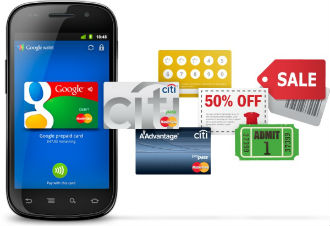 A breaking story today entails Samsung’s approach to Blackberry Ltd. in talks to buy the embattled smartphone maker for a reported $7.5 billion – Samsung is apparently buffing up their intellectual property portfolio to stave off a continuing onslaught by Apple Inc. The news sent Blackberry’s stock price up 30 percent.
A breaking story today entails Samsung’s approach to Blackberry Ltd. in talks to buy the embattled smartphone maker for a reported $7.5 billion – Samsung is apparently buffing up their intellectual property portfolio to stave off a continuing onslaught by Apple Inc. The news sent Blackberry’s stock price up 30 percent.
Samsung offered a trading range of $13.25 to $15.49 per share, a premium of 38 percent to 60 percent over Blackberry’s current trading price according to Reuters. What’s not clear is the depth of the deal and what it might entail – there’s speculation that the deal has several versions that are currently under discussion. That the story was leaked and by who leaves one wondering whether this is a negotiation tactic or just business as usual.
BlackBerry announced in November a high-profile security partnership with Samsung. The partnership aims to wed BlackBerry’s security platform with the South Korean company’s own security software for Galaxy devices.
Blackberry has been struggling to regain lost momentum in a competitively crowded market. Samsung’s smartphone business is experiencing losses from lower price Chinese competitors which now are affecting their semiconductor division – reports of bargain prices for NAND-Flash smartphone memory devices are widely circulated.
Techeye Take
Analyzing Samsung’s needs, wants and desires indicate the company is obsessing over security – key to the company’s entry into the electronic wallet market space. Secure communications is and will continue to be a premier element of the continued evolution of the smartphone market – even governments demand it.
The question remains, will this set off a bidding war for Blackberry?..,
Update
Both Samsung and Blackberry have denied that they are in talks for Samsung to takeover the Canadian company.
“BlackBerry has not engaged in discussions with Samsung with respect to any possible offer to purchase BlackBerry,” the company said in a statement Wednesday.
Post Script
Where there’s smoke there’s generally fire – stay tuned…,






